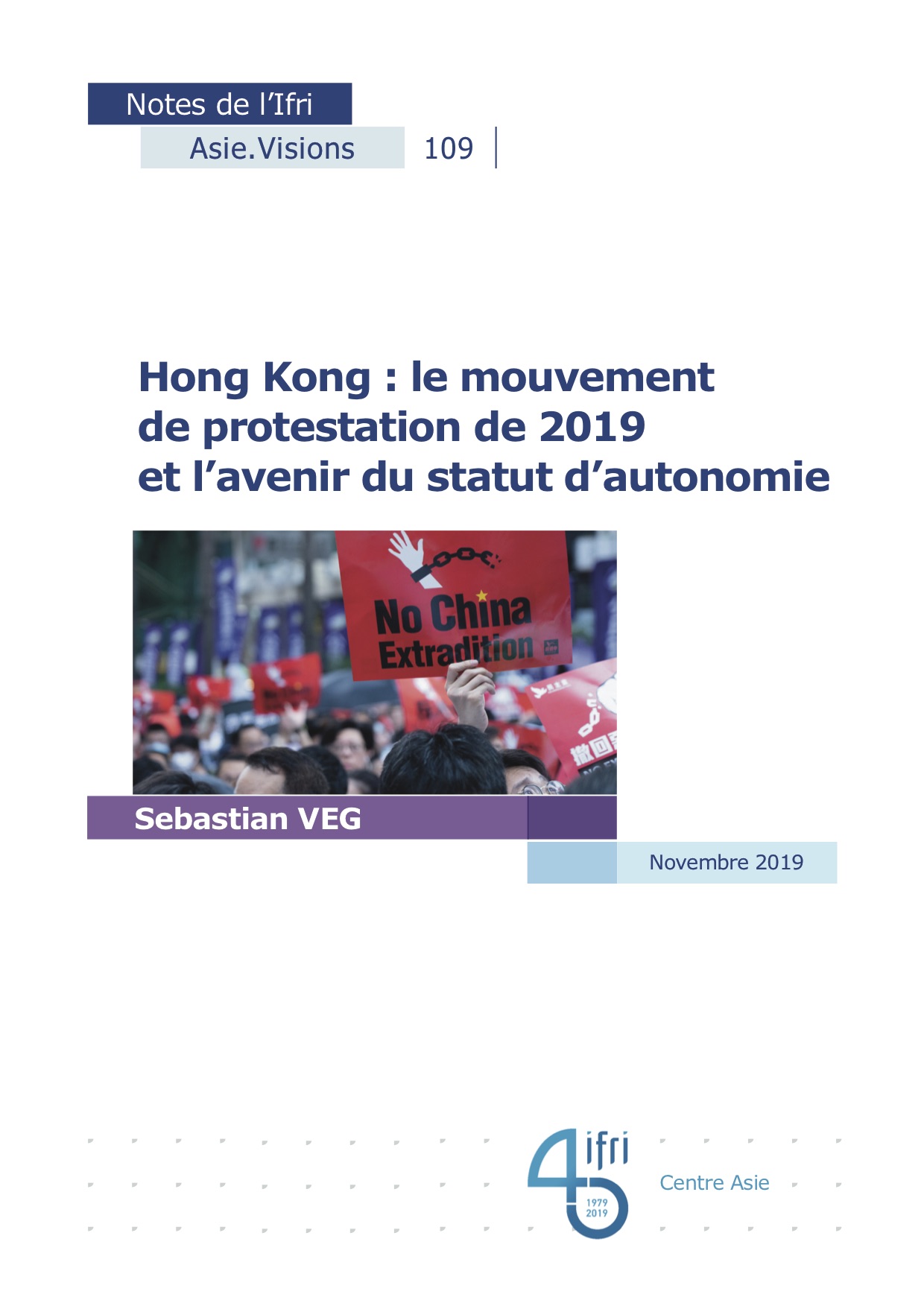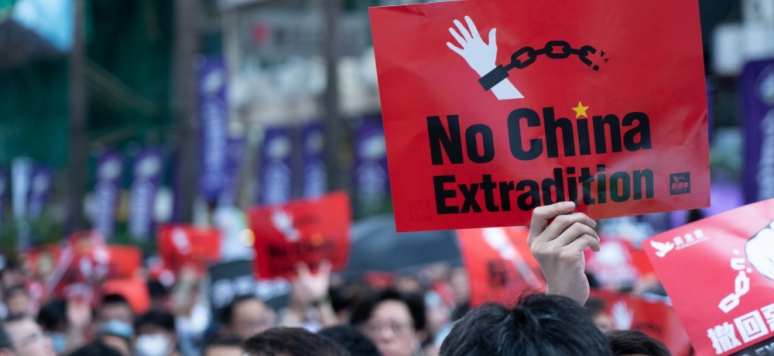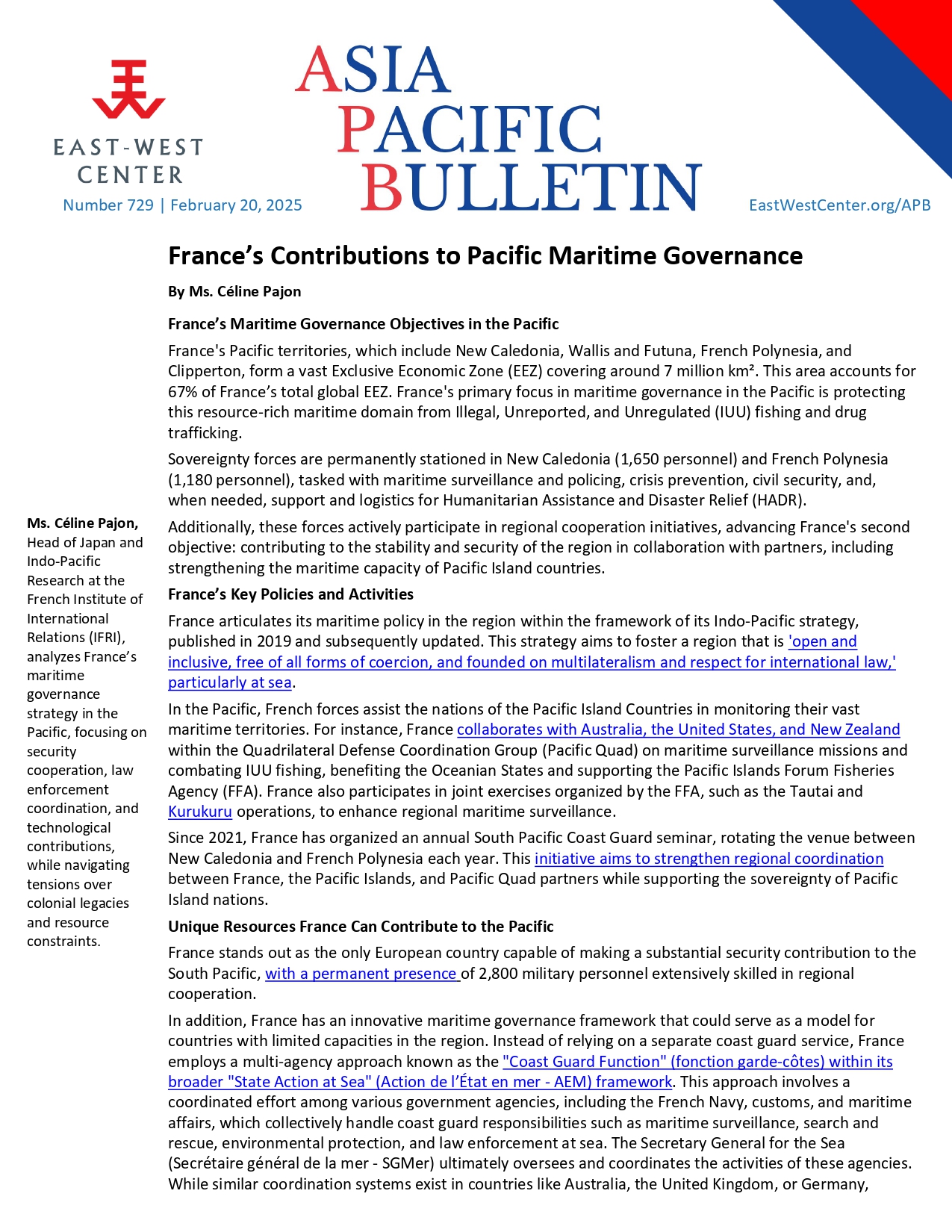Hong Kong : The 2019 Protest Movement and the Future of Autonomy

The current protest movement in Hong Kong, which began with the proposed extradition law in June 2019 that would have considerably weakened the judicial border between Hong Kong and Mainland China, has set itself apart from the city’s numerous movements in recent years by its massive following. The protestors, who employ original strategies (online organization, absence of clear leadership, use of digital tools), achieved an initial success with the suspension of the proposed law in September. But even after the law’s withdrawal, massive protests and increasing acts of violence continued to grip the territory. Demands now center around an independent investigation into acts of police violence and on the revival of democratic reforms.

The resiliency of this movement, and its support from within public opinion, can first be explained by the accumulation of resentment within a large part of the population. Such resentment has been provoked by the increasing alterations to the principles of autonomy that are inscribed in the official texts governing Hong Kong’s retrocession to China. The second reason of the movement’s longevity is the internal dynamics resulting from the almost exclusively-repressive approach that local and national authorities have adopted, with the tangible empowerment of the police relative to the local political authorities. The implication of the US Congress, in the context of the US-China trade war, has introduced an added degree of complexity to the equation.
The strong sense of civic identity that has developed in Hong Kong since its retrocession (even if this has not translated into demands for political independence so far) collide with the refusal of the authorities to pursue a democratic evolution, as set out in the Basic Law. An unstable balance has therefore set in between non-democratic institutions and an ever-growing mobilization of Hong Kong society that serves as a counterweight in protecting the “high degree of autonomy” that the territory constitutionally benefits from. For the time being it is difficult to see how this balance can survive the shock that the 2019 protest movement has dealt and the reprisals the central government is likely to enact.
This publication is only available in French: Hong Kong : le mouvement de protestation de 2019 et l'avenir du statut d'autonomie.
Related centers and programs
Discover our other research centers and programsFind out more
Discover all our analysesJammu and Kashmir in the Aftermath of August 2019
The abrogation of Article 370, which granted special status to the state of Jammu and Kashmir (J&K), has been on the agenda of the Bharatiya Janata Party (BJP) for many decades.

France’s Contributions to Pacific Maritime Governance
France stands out as the only European country capable of making a substantial security contribution to the South Pacific, with a permanent presence of 2,800 military personnel extensively skilled in regional cooperation.
Unlocking India’s Energy Transition: Addressing Grid Flexibility Challenges and Solutions
India is rapidly scaling up its renewable energy (RE) capacity, adding 15–20 GW annually, but the ambitious goal of 500 GW of non-fossil capacity by 2030 is at risk unless the pace accelerates.

The China-Russia Partnership and the Ukraine War: Aligned but not allied
China and Russia maintain a strategic partnership rooted in shared opposition to the U.S. and liberal democracies, but their relationship is shaped more by pragmatism than trust.









